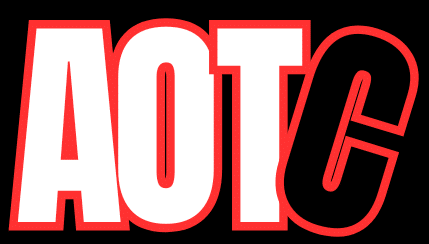The Complicated History of July 4th for Black Americans
On July 4th, while many Americans celebrate Independence Day with fireworks and cookouts, for Black people, the holiday holds a complicated and largely untold place in American history. The founding fathers’ words of “all men are created equal” rang hollow to those who were enslaved, oppressed, and denied their basic human rights.
During the early years of American independence, many enslaved Black Americans turned July 4th into a movement for their own freedom. They protested, rebelled, and sought ways to escape the bonds of slavery. However, plantation owners sought to quell this resistance by turning the holiday into a carnival of food and music, rather than a day of reflection on the country’s founding principles.
The struggle for equality and justice continued into the 19th and 20th centuries, with figures like Frederick Douglass and Martin Luther King, Jr. highlighting the hypocrisy of celebrating freedom while denying it to Black Americans. Douglass’ powerful speech in 1852 questioned the meaning of Independence Day for the enslaved, while King’s words in 1965 pointed out the nation’s failure to live up to its democratic ideals.
Even today, as protests against racism and police brutality continue, the question remains: what does the Fourth of July mean to the Black American? It is a day of reflection on the progress made towards equality, but also a reminder that the fight for justice is far from over. Independence Day serves as a reminder of the ongoing struggle for true freedom and equality for all Americans.
